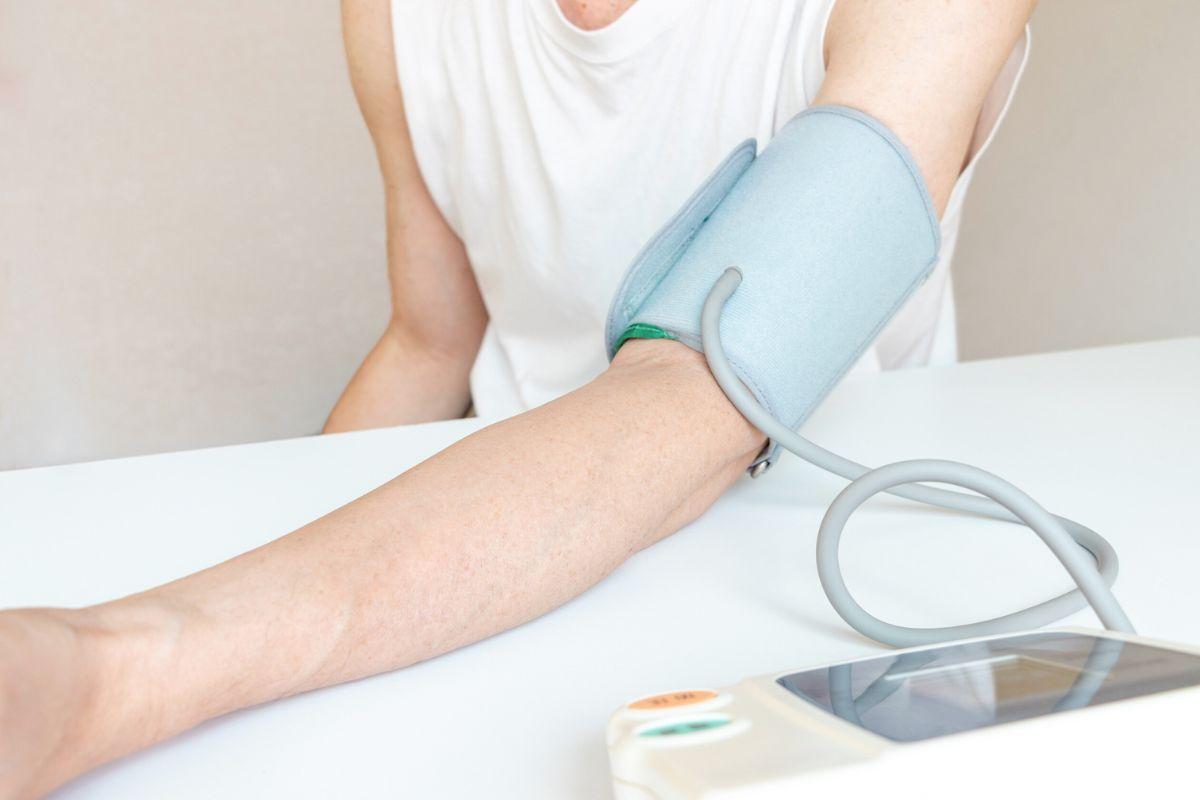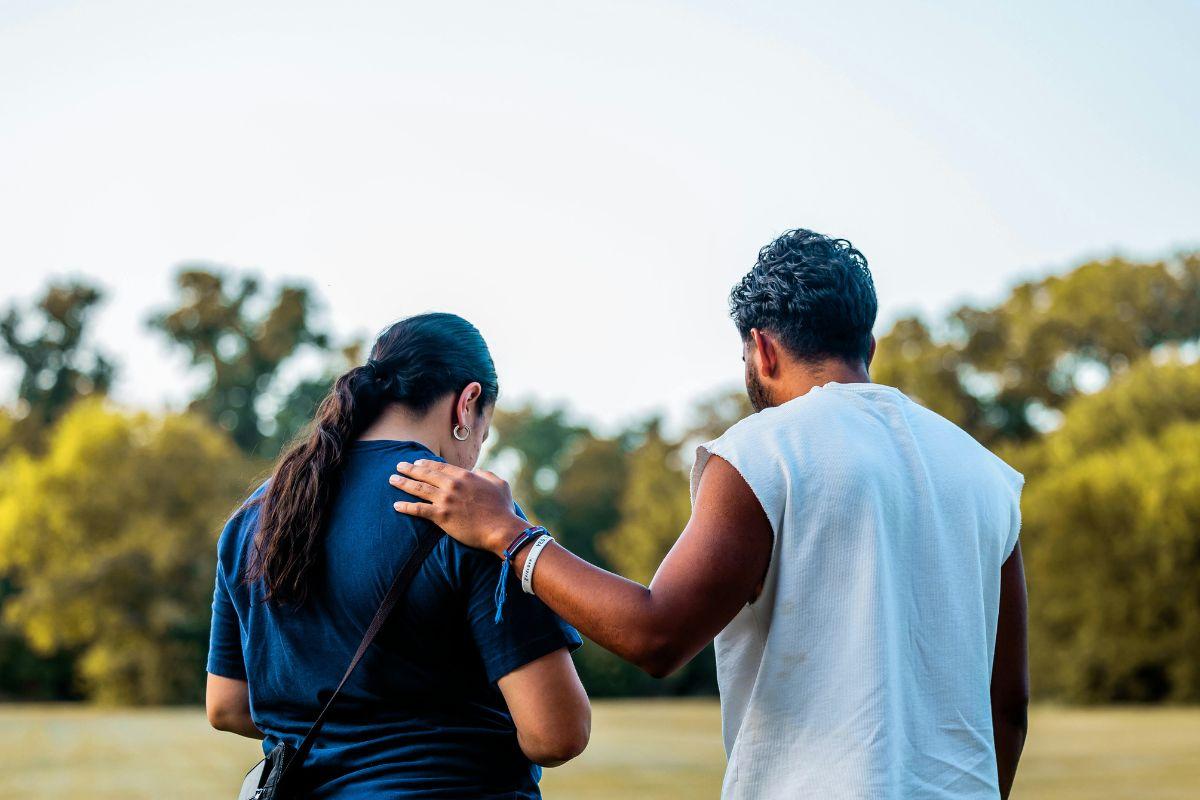Sleeping is a basic human need- like breathing, eating and drinking. It is vitally important for physical health. In this article, we hear from an expert at Royal Brompton & Harefield Hospitals Specialist Care, Dr Alanna Hare, about why it’s so important to treat sleep disorders.
Around 30 to 50 per cent of the adult population report symptoms of poor quality sleep. However, only around 6-10 per cent have insomnia disorder. Chronic insomnia exists when the sleep complaint has been present for 3 months or more. Women are around 1.4 times more likely than men to report insomnia symptoms, particularly post-menopause. Age is another risk factor, with up to 50% of older adults over the age of 65 reporting symptoms of insomnia.
Co-existing conditions
Insomnia can co-exist with other conditions, most commonly depression. Substance use, particularly alcohol use, is also commonly associated with it. In the older age group, insomnia can be related to comorbid physical and mental disorders and to daytime inactivity or social isolation. Insomnia often occurs in the context of chronic pain, heart disease, cancer and chronic respiratory disease. It is also associated with other sleep disorders, such as sleep apnoea or restless legs syndrome.
Consequences
There are very real physiological, emotional and functional consequences of insomnia for the individual. Insomnia can impair cognitive functioning, driving safety and work performance and productivity. Sleep disturbance can compromise immune function and is associated with cardiovascular disease, including hypertension.
Individuals can develop a dependence on hypnotic medications used to aid sleep. In the elderly, these medications can increase the risk of nocturnal falls and may be associated with memory deficits. Insomnia is, therefore, an important public health problem that requires accurate diagnosis and effective treatment.
Diagnosing insomnia
A detailed sleep history is the cornerstone of the evaluation of any sleep disorder. It should cover specific insomnia complaints, pre-sleep conditions, sleep-wake patterns, other sleep-related symptoms, and daytime consequences. It should be supplemented by information from a bed partner, roommate or family member.
The “3P” model is a useful heuristic framework for assessment and explores:
- Predisposing factors for developing insomnia, such as a family history
- Precipitating factors including medical and psychosocial stressors initiating a pattern of poor sleep
- Perpetuating factors – the behaviours and thoughts which lead to a vicious cycle of continued sleep disturbance.
The sleep history should also screen for potentially relevant sleep disorders that may cause excessive daytime sleepiness or insomnia. Symptoms such as snoring, witnessed apnoeas, and morning headaches raises a suspicion of sleep-disordered breathing. Leg discomfort associated with an urge to move that worsens at night and improves with leg movement may indicate the restless legs syndrome.
A brief screening multisystem examination is an important aspect of the sleep evaluation. Measurement of weight, height, body mass index (BMI), neck circumference, blood pressure and heart rate should be performed for all individuals with symptoms related to sleep or alertness. Several patient-completed questionnaires are commonly used. Perhaps the most well-known and widely used is the Epworth Sleepiness Scale, a subjective assessment of the patient’s daytime sleep propensity. The Insomnia Severity Index is another brief screening tool, designed to evaluate insomnia. It is also known for being the most widely used assessment tool for insomnia.
Sleep diary monitoring is the key to a full understanding of the individual’s sleep and wake patterns. A variety are available to access for free online. Sleep diary data should be collected prior to and during the course of active treatment.
When to refer
Referral to a specialist sleep clinic is recommended when insomnia has not responded to management in primary care, and/or when an individual has symptoms or features of another sleep disorder.
Treatment
Whilst pharmacologic treatments can be effective for reducing sleep disturbance, issues of drug dependence and side effects limit their utility in chronic insomnia. All patients with chronic insomnia should adhere to rules of good sleep hygiene. however, there is insufficient evidence to indicate that sleep hygiene alone is effective in the treatment of chronic insomnia. Currently, the best-evidenced treatment for insomnia is cognitive behavioural therapy for insomnia or CBTi. Meta-analyses show that CBTi improves sleep quality, sleep efficiency, and sleep duration. It also aims to improve insomnia-related daytime impairments.
NICE (2015) recommends cognitive and behavioural interventions as first-line therapy for insomnia lasting more than four weeks. They also state that pharmacologic therapy is not recommended for the long-term management of insomnia. The exception is for individuals aged over 55 years with persistent insomnia, in whom modified-release melatonin may be considered for up to 13 weeks. Behavioural interventions include stimulus control therapy, sleep restriction therapy and cognitive therapies, including relaxation techniques, paradoxical intention, and cognitive restructuring.
Expert therapy
At Royal Brompton & Harefield Hospitals Specialist Care, Dr Alanna Hare is trained in CBTi and provides individuals with a personalised programme of care. Treatment usually takes place every two weeks for 6 to 10 weeks and focuses on rebuilding a strong connection between bed and sleep, reducing time spent in bed awake, calming the ‘busy mind’ and addressing negative thoughts and beliefs about sleep. At the completion of treatment, individuals can expect to cease hypnotic medications. They can expect to also develop and maintain their own strategies to maintain healthier sleep for life.




